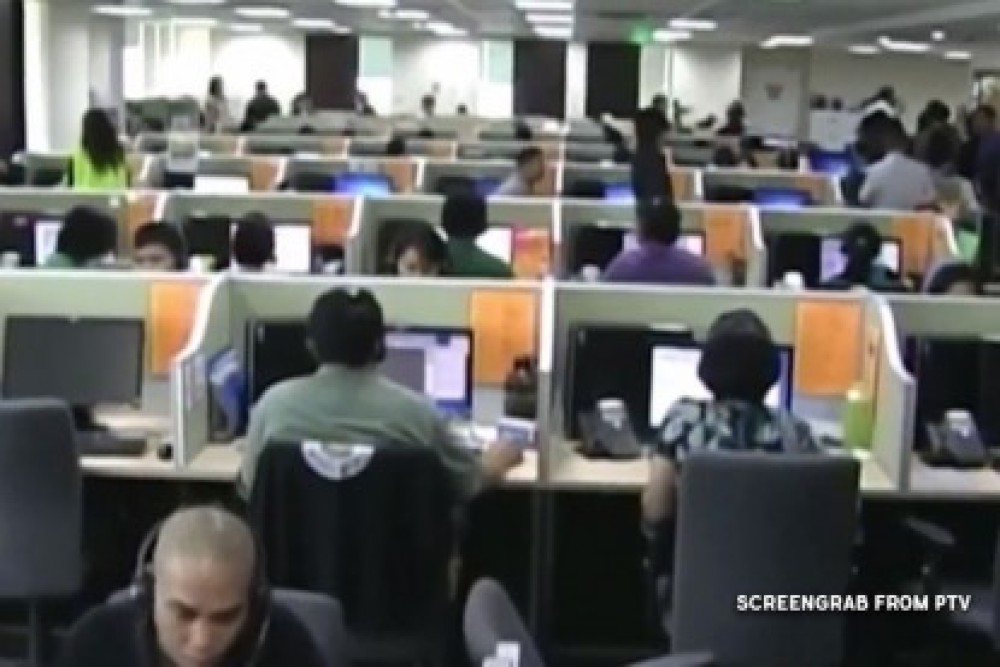Offshoring is projected to generate up to $61 billion or roughly P3.45 trillion for the Philippine economy by 2030 as its rapid expansion evolves into a skilled talent strategy, according to new research released recently by global talent solutions partner Robert Walters.
The sector is also expected to create more than 969,000 skilled jobs over the next five years as international companies increasingly establish operations in the Philippines to access professional talent.
This marks a 69-percent increase from today’s contribution estimated at $36 billion and will see offshoring grow from 8.23 percent to 10.14 percent of the Philippines’ gross domestic product by the end of the decade.
The forecast, produced by Robert Walters’ Market Intelligence team, reflects a significant shift in the global offshoring landscape.
Once focused on cost-saving and volume, today’s strategies are centred around building capability, quality, and resilience by tapping into skilled international workforces.
“To put the $61 billion figure into perspective, that’s more than three times the Philippines’ annual education budget,” Robert Walters’ head of market intelligence Phill Brown said.
“Offshoring is becoming a long-term economic driver for the Philippines and underscores the growing confidence in the country’s skilled workforce and its ability to support critical, global-facing business operations,” Brown said.
Key factors driving this growth include the Philippines’ high English proficiency, its specialization in tech and transformation services, and a growing pool of digital infrastructure and engineering talent.
This foundation has enabled the country to take on increasingly complex offshore functions, particularly in technical and knowledge-based domains.
The most in-demand skills include backend programming, cloud engineering, and IT security, highlighting rising global demand for technical capability in cybersecurity and cloud transformation.
“More companies are viewing offshoring not as a cost-cutting tactic but as a talent access strategy. In the Philippines, they’re finding a professional workforce that’s fluent in English, digitally capable, and ready to take on business-critical work,” Robert Walters’ CEO-Outsourcing David Barr said.
“We’re increasingly working with organizations that are integrating offshore teams into their core operations, building capability in areas that require strong technical expertise, cross-border collaboration, and a long-term talent view,” Barr said.
According to Gavin Henshaw, country director at Robert Walters Philippines, the Philippines is uniquely positioned to capitalize on the accelerating demand for tech and transformation talent across Southeast Asia.
“Its strong education system, combined with an entrepreneurial spirit, creates a strong environment for sustainable growth. Companies investing here are building strategic hubs that drive innovation and competitiveness in the region,” Henshaw said.
As businesses reevaluate global workforce strategies, the Philippines stands out for its combination of communication strength, technical expertise, and favourable business environment.
The trend is part of a broader evolution in global workforce strategy, where companies are increasingly decentralizing high-value operations to locations with strong talent pools and supportive business environments.
These findings are part of Robert Walters’ latest market intelligence on offshoring and global talent trends. Additional insights are available in the firm’s new offshoring guide, which examines talent strategies, recruitment management, and operational considerations in the Philippines.
PTV SCREENGRAB


